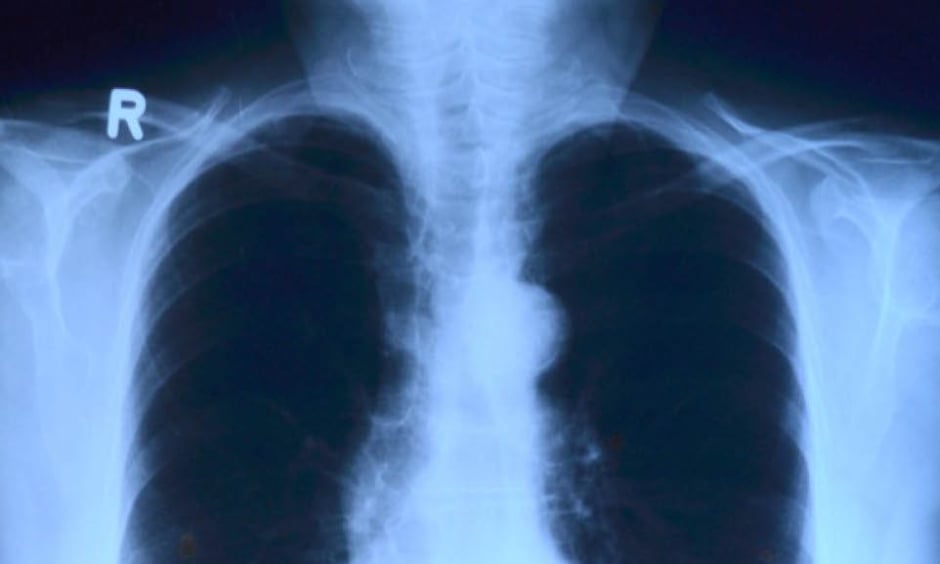ACUTE respiratory distress syndrome (ARDS) can now be detected, quickly and accurately, by a breath analyser that has been developed by a team from the University of Michigan, Michigan, USA. The portable device has the potential to improve survival rates and reduce healthcare costs for those living with the lung condition, which kills around 74,000 people in the USA each year.
The current diagnosis method for ARDS is a chest X-ray which have a high cost and expose the patient to radiation. Rapid diagnosis of ARDS is also difficult because the condition can be caused by several reasons and can progress quickly. Study author Prof Xudong Fan, University of Michigan, explains the challenge: “The most commonly used ARDS prediction tools are only correct about 18% of the time.” The device developed by the team has the ability to diagnose ARDS with 90% accuracy in around half an hour.
A group of 48 volunteers were tested upon for this, who had been receiving treatment at the researchers’ hospital. Of the group, 21 had ARDS and the remaining participants were used as controls to test the device, which uses gas chromatography to analyse molecules in exhaled breath captured from a tube connected to an exhalation port. This analysis allows testing of ARDS and can capture how advanced it is. The tool can also be used to monitor how treatment is progressing. Prof Fan continued: “We are able to detect the onset and improvement of the condition before traditional changes in X-rays and blood testing would occur.”
ARDS can be caused by a number of things including pneumonia, trauma, and sepsis as they can cause inflammation of the lungs, which then fill with fluid, obstructing the air sacs: where the blood passes out carbon dioxide and takes oxygen in. ARDS often results in intensive care and ventilator support until the lungs heal. If patients survive ARDS, they are often left with poor lung function. Earlier detection is pivotal in improving survival and a higher quality recovery.
These results are promising in regards to the future of developing technology to diagnose and monitor other inflammatory conditions that impact the lungs, including asthma, sepsis, and pneumonia.








